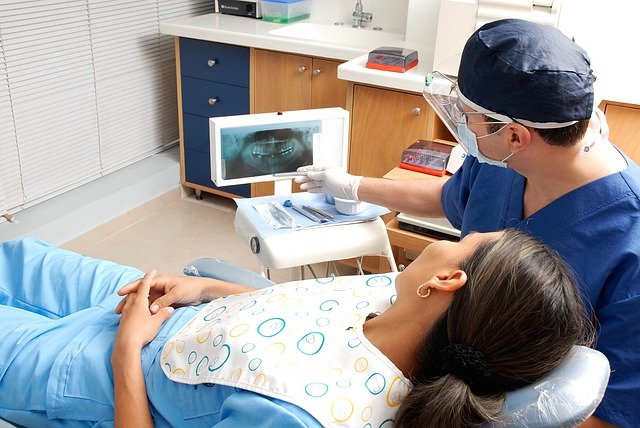Understanding Hormone Replacement Therapy: A Comprehensive Guide
Hormone replacement therapy offers insights into balancing health changes that come with age or medical needs. By exploring its uses and guidance, individuals can better understand how it supports wellness, symptom management, and quality of life in everyday routines.

What Are the Primary Benefits of Hormone Replacement Therapy?
Hormone Replacement Therapy provides multiple potential benefits for individuals experiencing hormonal disruptions. For women, HRT can help manage menopausal symptoms like hot flashes, night sweats, and mood fluctuations. Men may experience improvements in energy levels, muscle mass, and sexual function. Additionally, the therapy can help prevent bone density loss, reduce the risk of osteoporosis, and potentially alleviate certain age-related symptoms.
How Does Hormone Replacement Therapy Actually Work?
The core mechanism of HRT involves supplementing or replacing hormones that the body no longer produces in sufficient quantities. Depending on individual needs, physicians may prescribe synthetic or bioidentical hormones. These hormones are typically administered through pills, patches, gels, creams, or injections. The treatment is carefully tailored to each patient’s specific hormonal profile, ensuring a personalized approach to managing hormonal imbalances.
A Complete Guide to Understanding HRT Treatments
Hormone Replacement Therapy is not a one-size-fits-all solution. Healthcare providers conduct comprehensive evaluations, including blood tests, medical history reviews, and physical examinations to determine the most appropriate treatment plan. Patients typically undergo regular monitoring to assess the therapy’s effectiveness and adjust dosages as needed. The duration of treatment varies based on individual health goals and response to the therapy.
Potential Risks and Considerations
While HRT offers numerous benefits, it’s crucial to understand potential risks. Some studies have suggested potential increased risks of certain health conditions, including blood clots, stroke, and specific types of cancer. The risks can vary depending on factors such as age, overall health, type of hormone therapy, and individual medical history. Consulting with a qualified healthcare professional is essential to weigh the potential benefits against individual risk factors.
Hormone Replacement Therapy Provider Comparison
| Provider | Services Offered | Specialization | Typical Treatment Approach |
|---|---|---|---|
| Wellness Hormone Center | Comprehensive HRT | Men and Women | Personalized hormone analysis |
| Endocrine Solutions | Bioidentical Hormones | Menopausal Care | Customized treatment plans |
| Advanced Hormone Clinic | Hormone Testing | Age Management | Comprehensive diagnostic approach |
Prices, rates, or cost estimates mentioned in this article are based on the latest available information but may change over time. Independent research is advised before making financial decisions.
Conclusion
Hormone Replacement Therapy represents a nuanced medical approach to managing hormonal changes. While promising, it requires careful consideration, professional medical guidance, and ongoing monitoring. Individuals interested in HRT should engage in thorough discussions with healthcare providers to determine the most appropriate and safe treatment strategy for their unique health needs.
Medical Disclaimer: This article is for informational purposes only and should not be considered medical advice. Please consult a qualified healthcare professional for personalized guidance and treatment.




